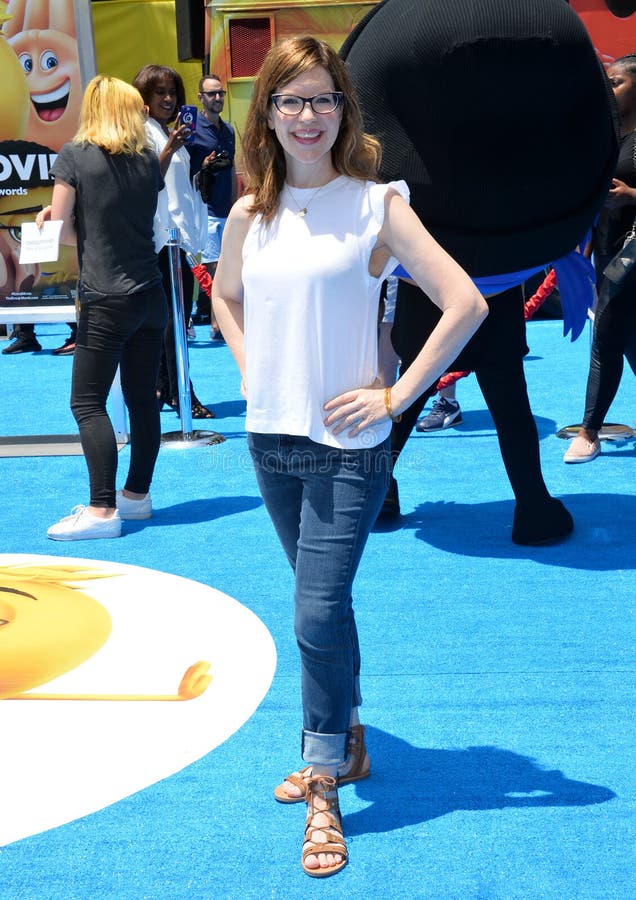
For that convoluted and dubious reason, whenever I hear Stay, I always turn the radio up. Listening to the song now is like looking into a crystal ball backwards, seeing myself looking into it forwards. Nevertheless I had a sense that the bargain-bucket emotional toolkit I was in charge of would doubtlessly derail relationships in the years ahead, in the manner Lisa was singing about, and the perspective was oddly thrilling. As a 13-year-old nihilist, I had never been close enough to a girl to be called clever or naive or unattractively solipsistic by one. The brightness of that guitar part, which returns at the end of the song, sounds the clarity of hard won insight. It's a point of emotional development, the moment we realise others may know us better than we do, the shock of being wrong. She started her career with the number one hit song Stay (I Missed You) from the film Reality Bites, the first number one single for an artist without a. About accepting that our basic loneliness is unsophisticated and shared, and that we have to abandon the selfish dramas of our malaise to properly love. As her lover's solicitous grievances belatedly hit home, all the words resolve into one: a repeated, wailed, "No."ĭespite the title, this break-up song is not about a relationship with a departed lover, but the relationship with ourselves. The frantic sound is that of a trapped mind unravelling. After the tentative opening, the pace and density of Loeb's roiling litany of self-recrimination increases the personal pronouns pile up the accents of the bass and backing voices grow unruly and insistent, like nagging, negative thoughts heaping on one another.

The song is structured around a central passage of sonic catharsis.

Interestingly, while parsing the individual lines isn't always particularly edifying, the song has a clearer emotional meaning located in its form and non-lyrical content. A complicated lyric recounts the criticisms of an ex, scattered with vague angsty staples about not belonging, and someone dying since the day they were born. Almost every line contains a clutch of first person singulars: "I turned the radio on, I turned the radio up, and this woman was singing my song." Such callow self-absorption chimed perfectly with me when I was an adolescent and, to be honest, now. Loeb's guitar picks out a simple arpeggio as she admonishes: "You say I only hear what I want to," warning us that this may be the most self-involved song ever written. The title, with its parenthetical over-explanation, signposts the wordy earnestness ahead. Lisa Loeb is a singer-songwriter, producer, touring artist, author and philanthropist who started her career with the platinum-selling Number 1 hit song Stay (I Missed You) from the film.


 0 kommentar(er)
0 kommentar(er)
